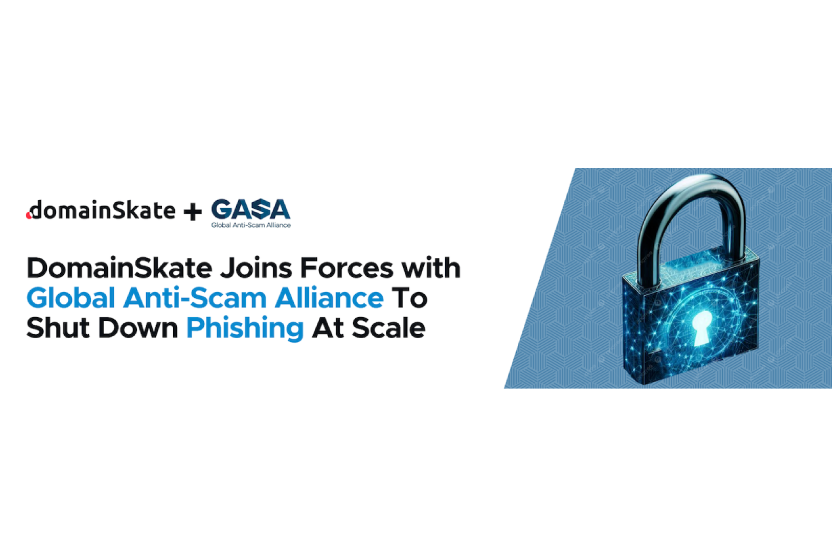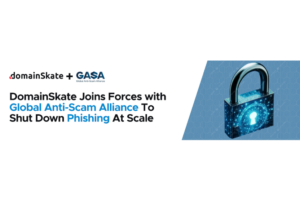Recovering stolen cryptocurrency funds is highly difficult due to the nature of crypto. Cryptocurrencies have been built to be decentralized and pseudonymous, making it extremely difficult for victims of scams to recover stolen crypto funds. At the same time, the number of scams that involve cryptocurrency has grown significantly. These include:
- Phishing scams
- Malware
- Pig butchering scams
- Fake coin offerings
- Ponzi schemes
In order to recover stolen funds victims usually have to engage cybersecurity experts and law enforcement that have a background in cybercrime.
One of the ways that companies can begin to protect their customers from cybercrime in this space is by registering their brand names in, at least, the popular blockchain domains, such as .ETH, .BITCOIN, .NFT and .CRYPTO. First, by doing this it takes that domain name that is an exact match to the brand name out of circulation. Second, it can have a deterrent effect – so if a scammer is choosing a base from which to use a domain name for a crypto scam, they are going to use the brand name that is closest to the company or brand they are trying to abuse. So if the company is Google, and Google has not registered the domains GOOGLE.ETH, that domain name is a prime launch pad for scam becuase it is the one most likely to be seen as credible and trustworthy by a user.
Cryptocurrency transactions may not be something your company is considering, but the ability to use Web3.0 domains as effective scam hubs means that Brand Protection Security should include Web3.0 domains, even if it is only taking specific/key domain assets off the market and watching for registered domains on the blockchain that could be used to harm your customers/users.






